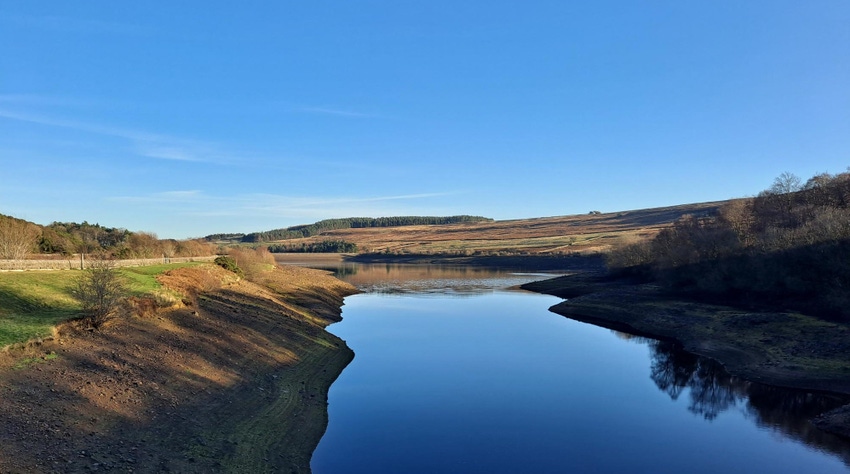UK telecoms group BT and Yorkshire water have installed smart sensors and a 4G mast to provide remote water quality monitoring in the Yorkshire Dales.
February 7, 2023

UK telecoms group BT and Yorkshire water have installed smart sensors and a 4G mast to provide remote water quality monitoring in the Yorkshire Dales.
The project saw the installation of a new 4G mobile mast which will connect up some monitors that have been installed on water courses feeding Scar House reservoir. The purpose of this is to help Yorkshire Water monitor and improve water quality.
We’re told weather, temperature, and the condition of the moorland can affect the quality of water sources, for example the amount of peat identified within it. The new kit will mean scientists and engineers will be able to proactively select the best available water sources for transfer to water treatment works. This also apparently makes it more efficient, as the better the water quality, the less energy it takes to process at the treatment works.
The new mast has the supplementary bonus of improving coverage for around 1,000 Nidderdale residents nearby, so that’s nice.
“Water coming out of customers taps will continue to be the high quality that it always has been – the key change here is that the water coming into the treatment works will be of higher quality, and therefore require less treatment,” said Yorkshire Water’s product and process manager, Ted Rycroft. “That helps us to keep costs down for our customers and our operational emissions to a minimum, while maintaining our high standards of water quality.”
BT’s Managing Director for Corporate and Public Sector, Ashish Gupta, added: “This project is the perfect example of using tech to work smarter – benefiting both local people and the environment. The benefits of this are huge: from improving the water quality to cutting emissions. Through automation, we’re also helping Yorkshire Water to free up engineers to do other tasks. Another major benefit is the EE mast we’re using to send sensor data securely over the network is also providing 4G mobile coverage for residents.”
BT is also teaming up with water company Severn Trent and others on a trial to plug in AI into waste water systems to make them more efficient and predict upcoming problems, it was announced last week. The project will see AI systems and real time monitors predict weather conditions, forecast maintenance, and control waste flow, and will allow pumping stations to operate independently.
These sorts of b2b projects represent the less glamorous end of applied tech and improved connectivity compared to something like the metaverse – but improving water quality at this point in time seems more tangibly useful than what Meta has been showing off.
Interestingly, neither of these projects appear to reference 5G as an enabling tech, and the Yorkshire Water project is apparently able to achieve its smart monitoring goals with 4G alone.
Get the latest news straight to your inbox. Register for the Telecoms.com newsletter here.
About the Author(s)
You May Also Like








.png?width=300&auto=webp&quality=80&disable=upscale)


_1.jpg?width=300&auto=webp&quality=80&disable=upscale)


.png?width=800&auto=webp&quality=80&disable=upscale)